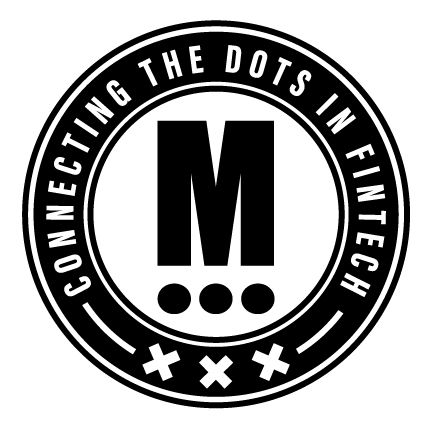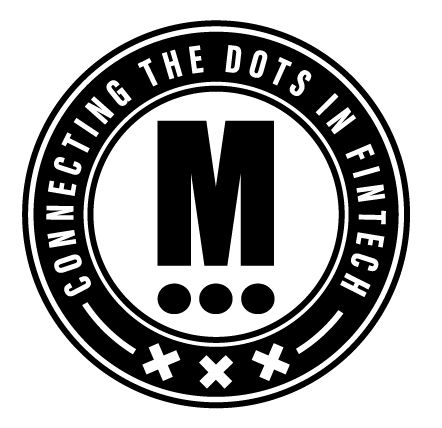The CFO series: Navigating Challenges of Digital Commerce.

As the digital commerce sector continues to grow and expand in many platforms, Chief Financial Officers (CFOs) are finding their roles increasingly intertwined with technological innovation and financial complexity. Here is the first of three articles highlighting the FinTechs providing solutions for e-commerce companies, from well-established scale-ups to new startups to watch.
The Expanding Role of CFOs in Digital Commerce.
The traditional role of CFOs is undergoing a significant transformation in the digital commerce environment. No longer confined to financial gatekeeping, CFOs are increasingly involved in strategic decision-making and technological integration, a reflection of the broader digital commerce landscape's evolving nature.
This more strategic approach starts with finding the best and more streamlined tech solutions, understanding and implementing advanced financial systems, automation tools, and data analytics platforms to enhance financial reporting.
Also, financial planning and analysis - from budgeting to forecasting - that are aligned with the company's objectives and most importantly, mitigating risks and focusing on compliance.
On top of that, CFOs must navigate a complex web of regulatory requirements and manage associated risks. This includes ensuring compliance with data protection laws, financial regulations, and international trade rules, particularly in the EU's diverse regulatory environment.
FinTech Solutions Addressing CFO Challenges
In response to these diverse and complex challenges, various FinTech companies are developing innovative solutions. These tools and platforms are designed to streamline financial operations, ensure regulatory compliance, and facilitate efficient transaction processing, becoming increasingly crucial for CFOs managing digital commerce operations.
One of the biggest ones is Brex, which has grown 200% since 2022, reaching 200,000 customers from startups to small and medium enterprises. Founded in 2017, Brex's main proposition was to combine financial products and software solutions in a single platform.
But what set them apart from other FinTechs in the same space, was their focus on B2B companies. Brex has disrupted the corporate card market by catering specifically to fast-growing businesses. It offers higher credit limits, tailored reward programs, and advanced spend management software that integrates with venture debt financing.
These are particularly attractive to CFOs because higher credit limits allow more flexibility to manage cash flow and make necessary and strategic investments in their business. Also, Brex's integration with venture debt financing allows founders and CFOs to access additional funding options quickly and easily. This can be helpful for businesses that need to scale their operations quickly.
Founded in 2019, New York-based Ramp, also offers corporate cards with expense management and spending analytics and attracted around 10,000 clients. Earlier in 2023, it was valued at US$ 8.1 billion, and announced that it was seeing an increase in customers in all stages of company maturity, not just SMEs.
Jeeves, founded in the same year, provides a multi-currency expense account. They are building an “all-in-one expense management platform” for global startups, and raised a $57 million Series B at a $500 million valuation earlier this year.
Sweden-based Juni is the one to watch
Juni, a Sweden-based FinTech, made headlines with its US $206 million funding in 2022, including a US$100 million Series B equity and $106 million in debt funding. The company, initially targeting both e-commerce retailers and digital marketers, has refined its focus more narrowly on e-commerce companies. This strategic pivot aligns with the evolving needs of the e-commerce sector, particularly in the post-pandemic market landscape.
Addressing the unique financial requirements of digital commerce, Juni's platform offers a range of services from banking solutions to credit cards, capital advance services, and cash-back options. Its platform boasts about 2,400 integrations with various tools for accounting, digital advertising, and online payments.
In 2023, Juni was granted the Electronic Money Institution (EMI) license by the Swedish regulator, Finansinspektionen. This license allows Juni to expand its services across the European Union, facilitating e-money issuance for digital payments, payment processing, and cross-border transactions.
Tom Mendoza, Partner at EQT Ventures, explains their support for Juni: “We decided to back Juni’s mission to empower digital e-commerce businesses based on three key factors: their exceptional growth rate, the founding team's rich experience across payments, fintech, and banking, and their intent to build the finance operations platform, a new and exciting category."
This expansion and endorsement are pivotal for Juni, providing the green light to operate across all 27 EU countries. The EMI license not only bolsters Juni's reputation but also potentially widens its access to capital and ensures regulatory compliance, solidifying its position as a new and noteworthy FinTech company to watch.


Comments ()